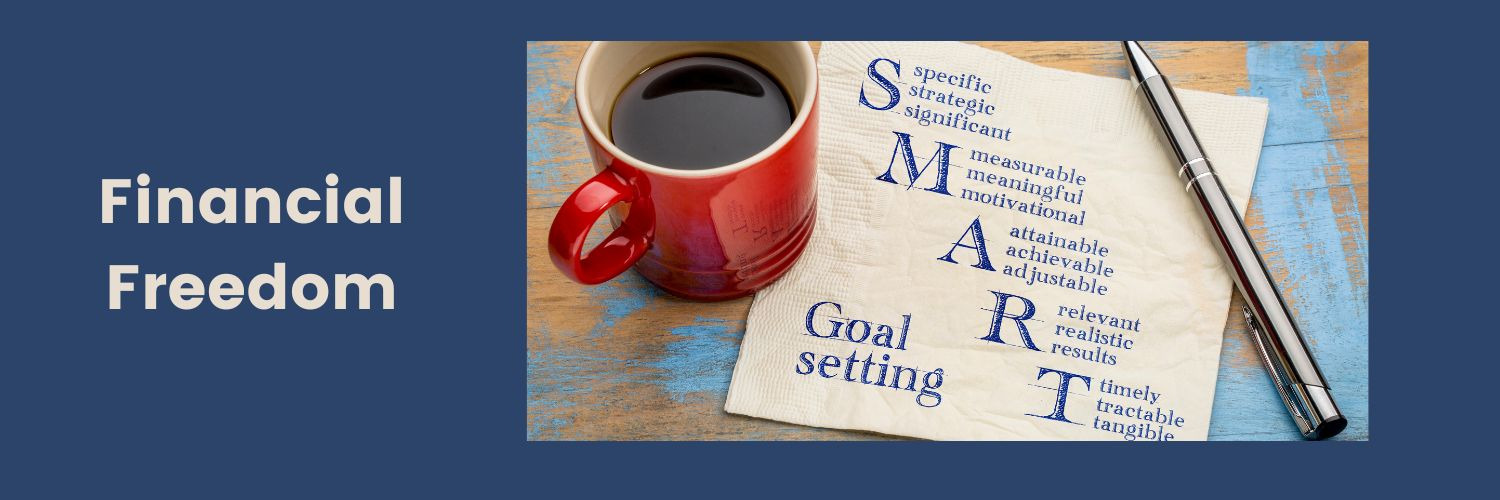New semester, New money habits

By: Danielle Fralley
Many college students go into a new semester thinking “new Semester, new me.” Usually that includes starting to go to the gym, trying a new diet, making better grades….. etc.
…. but what if this semester, you decided to change your financial future? Here are five money habits that can change the rest of your life:
- Start a budget
Starting a budget is key to knowing how you spend your money each month. A budget can help fund savings goals once you determine your cash flow. A good way to start a budget is apps such as MINT or Moneytracker. Or if you are more of a paper/pen or technology-based person, the Center for Financial Literacy can provide many useful resources.
- Create emergency fund
Did you know that the average person does not have money available to cover their living costs if they were to lose all sources of income? This type of fund is called an “emergency fund.” While everyone’s emergency fund may look different, there is an essential need for available cash to be used when the unexpected occurs (i.e. global pandemic, debilitating injury, family emergencies, etc.). A good rule of thumb is to have 3-6 months of expenses in cash.
- Open a Roth IRA
It is never too early to start saving for retirement. A Roth IRA is a tax advantage individual retirement account that can help retirement assets grow on a tax-free basis. To put it simply: when you use this money while retired, you do not pay taxes!! Setting one up may seem overwhelming but going to your local bank or even an online financial institution can provide easy steps to get one started today.
- Paying off debt
Debt can often be the biggest obstacle to reaching financial goals, but it doesn’t have to be. A good budget (refer to step 1) can help ignite a strong debt repayment plan. Strategies for paying off debt include paying off the lowest balanced first and/or paying the debt with the highest interest rate first.
- Build credit
Thinking about buying a home or car in the near future or even just wanting to have a good credit score is something that is important but can take a while to grow. Some ways to establish credit are opening a credit or secured card. Paying your cards on time or early and keeping a balance under 20-30% of the limit are great ways to build credit.
While making good grades and planning your new diet is important, setting up your financial future will prove to be just as worthy. The above is just a small part of what we love to discuss in person through our peer financial coaching program.
Do you have questions about your finances? Consider meeting with a Peer Financial Coach from the Center for Financial Literacy. They would love to provide guidance on topics such as budgeting, investing, saving, and much more. Book a session!


